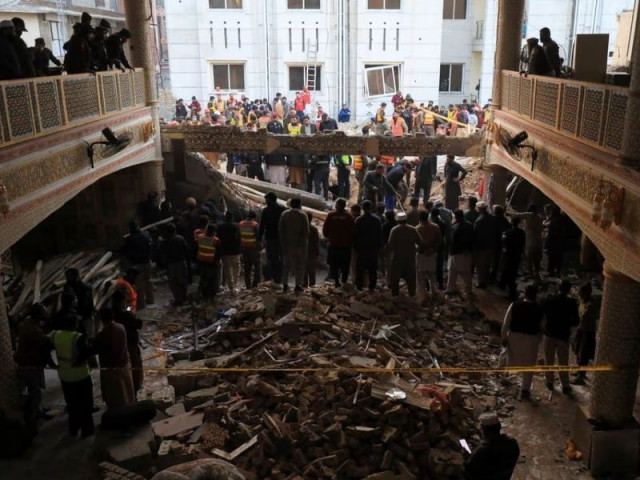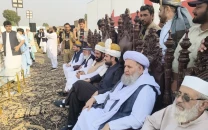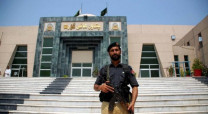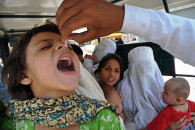Injured, witnesses of Peshawar mosque blast reeling from trauma
K-P Police does not have any dedicated psychological or psychiatric unit for its officers

The police lines blast that shook Peshawar to the core might be at the back of the country’s mind and its ruling elite but for the injured, first responders, witnesses, and the city’s populace it is a constant source of post traumatic stress disorder (PTSD).
One such victim of PTSD is Fazal-ur-Rahman, an Officer of the provincial education department, who was injured in the blast. “I managed to crawl out of the mosque’s debris,” said a visibly torn Fazal, “it is nothing short of a miracle that I survived.” While Fazal is thankful that he managed to survive, he cannot forget the blood and bones that were scattered all over the place; hence, large crowds and noise trigger his PTSD.
“I am trying to forget the events of the unfateful day but every time I am reminded about the explosion, my brain stops working.” While Fazal was amongst the injured, station house officer (SHO), Saeeda Shaheen, who was on duty a few steps away from the mosque and witnessed the explosion, is similarly distraught. “Once we had recovered from the initial shock of the blast, what we saw was nothing less than doomsday. There was a cacophony of people shrieking from pain and crying for help,” recalled Shaheen, adding that thinking about the event still makes her body tremble. It is likely that the effects of the blast will weigh heavy on both the victims and witnesses for anywhere between 1 to 6 months, as per Senior Clinical Psychologist, Dr Abida Nazir, who works at the Peshawar Central Jail’s Psychiatric Center.
“However, if the PTSD is not treated in time, the affectees will gradually start suffering from lack of sleep, loss of appetite, and will go into a depression spiral,” opined Dr Abida. “It is important that victims and witnesses alike receive regular counselling from a qualified professional to help them get over the trauma.” A Counter Terrorism Department (CTD) Official, who happened to survive the blast because he stepped out to answer his phone, concurring with Dr Abida’s suggestion, said that presently he had a recurring migraine and could not sleep properly.
“I have realised that the only way I will be able to forget the horrific events of 30th January is if I seek treatment,” said the official while talking to The Express Tribune under the condition of anonymity. Apart from Dr Abida’s advice as a medical professional, there is ample evidence to suggest that seeking therapy or treatment from a psychiatrist helps. “Although the Army Public School (APS) blast will always be fresh in my mind, regular treatment from a psychiatrist helped me to move on from my trauma,” informed the mother of Muhammad Ali, a student who was martyred in the APS blast. “I was referred to a psychiatrist, who treated me for over a year and that helped me return to my daily life.”
However, while private citizens who were injured in the blast or witnessed it, might end up visiting psychologists and psychiatrists, the Khyber-Pakhtunkhwa (K-P) Police, unlike the Army or other armed forces, do not have any kind of facility for mental health for their officers who are experiencing PTSD. When asked about the lack of such a facility, Senior Superintendent Police (SSP) Operations of the K-P Police, Kashif Aftab Abbasi, replied that he was aware of the problem.
Published in The Express Tribune, February 16th, 2023.



















COMMENTS
Comments are moderated and generally will be posted if they are on-topic and not abusive.
For more information, please see our Comments FAQ